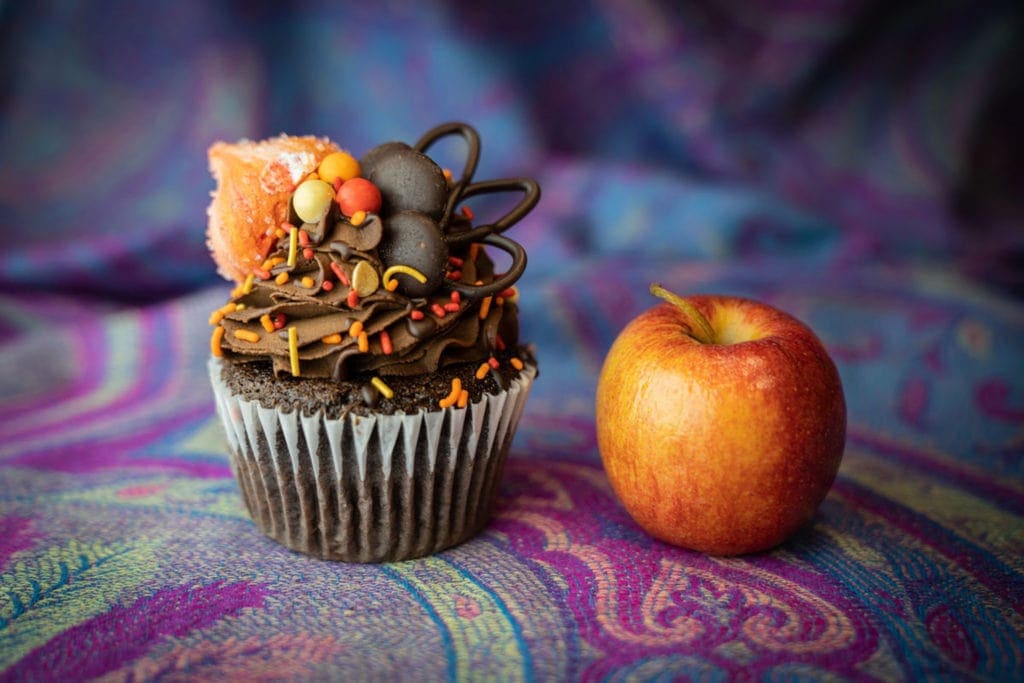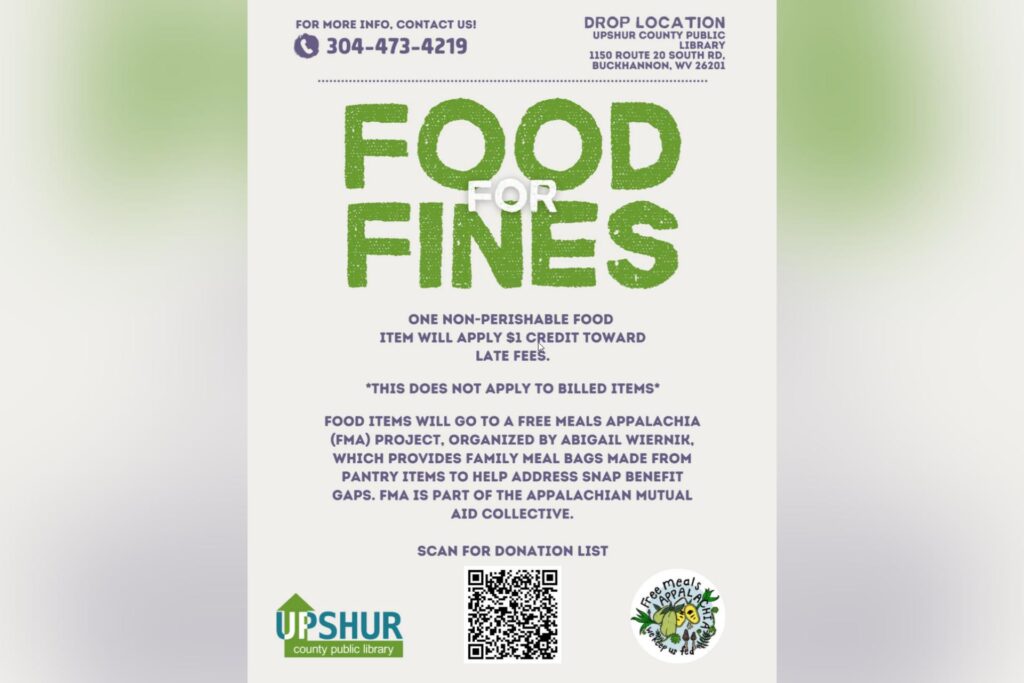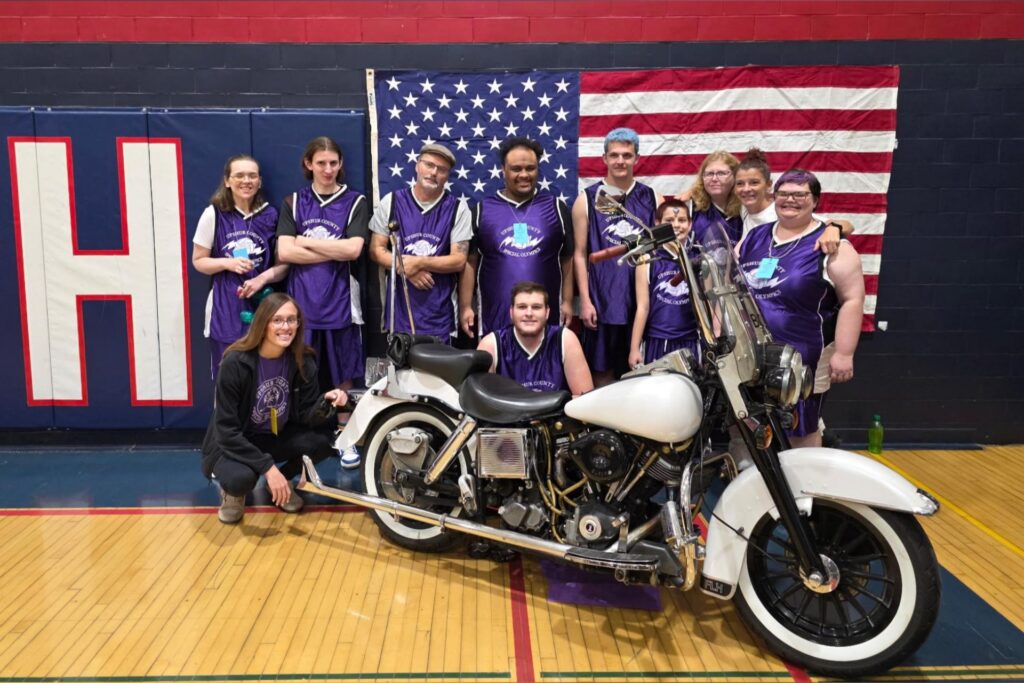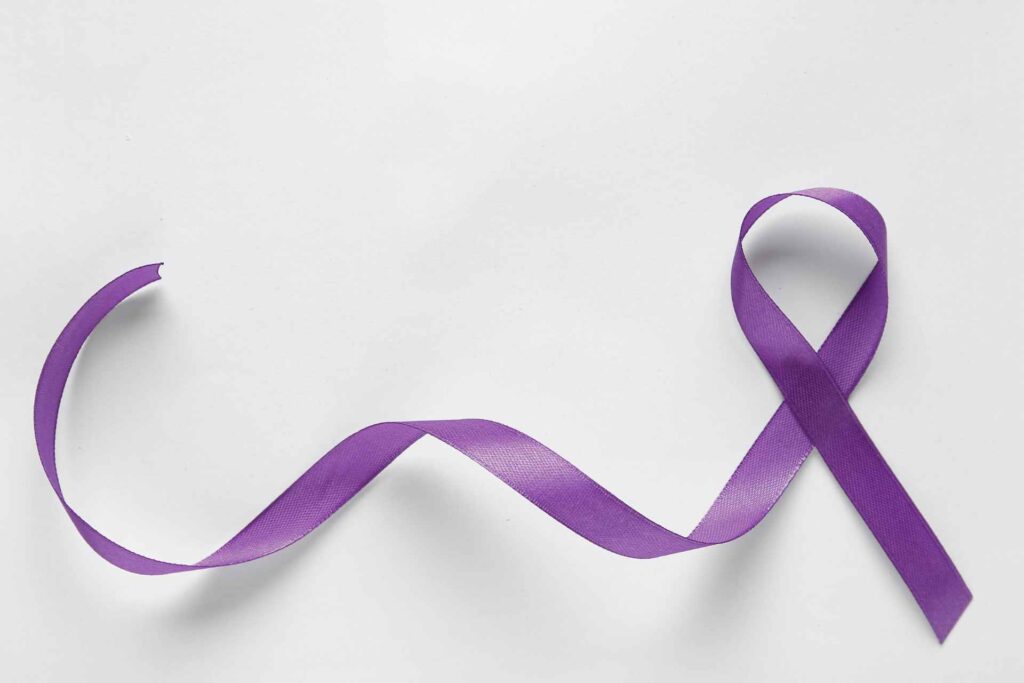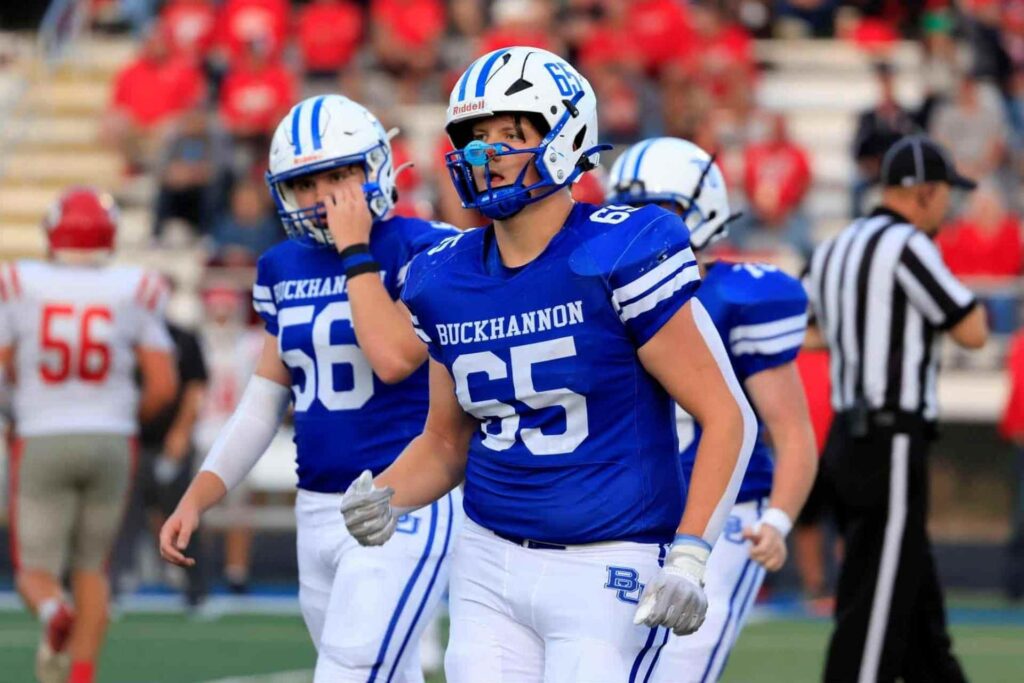Women may be more likely than men to use negative coping styles when they’re diagnosed with diabetes, according to a West Virginia University School of Nursing study.
“We also found that women with type 2 diabetes reported poorer health-related quality of life,” said Melissa McCoy, a doctoral student in the School of Nursing and a Jonas Nurse Scholar, who led the study. “I didn’t think that was very surprising. Women usually take care of others before they take care of themselves.”
Her findings appeared in the International Journal of Nursing Sciences.
She and her research partner—Laurie Theeke, a professor and director of the Ph.D. Program at the School of Nursing and nurse practitioner in the Department of Family Medicine—reviewed 22 quantitative studies that analyzed the psychological and social factors that influence how adults cope with type 2 diabetes. Four of the studies the researchers considered addressed gender differences in coping styles.
Women with type 2 diabetes were more likely to adopt three negative coping styles: resignation, protest and isolation.
In other words, a higher percentage of women resigned themselves to an unhealthy fate, refused to manage their condition and engaged less frequently with family and friends.
“Adults who are newly diagnosed with type 2 diabetes might have a social response, like ‘Well, I can’t go to my mom’s for dinner anymore,’” Theeke said. “They don’t want to put people out to accommodate dietary changes. And they can end up feeling left out and become isolated, which causes more negative emotions.”
“We found that if patients used more positive coping styles, they had better psychological and physical health, but negative coping styles led to worse health outcomes,” said McCoy, who also directs the Associate Degree Program in Nursing at Davis & Elkins College.
Coping styles qualified as positive if they motivated diabetes patients to manage their condition effectively. The researchers deemed these styles “problem-focused.” Examples include planning a week’s worth of low-carb meals in advance, using a phone or smart speaker to set medication reminders and following through with medical checkups.
Negative coping styles—such as ruminating on the diagnosis, eating sugary foods to relieve stress and feeling guilty for dietary lapses—were “emotion focused.” They sabotaged diabetes-management efforts.
The researchers also discovered that women reported having less social support than men did.
“Women give a lot of support,” McCoy said, but they may be less likely to get it.
Insufficient social support isn’t just unpleasant for diabetes patients. It’s also associated with poorer control of blood sugar, or glucose, and other health problems.
Overall, the 22 studies in McCoy’s analysis reaffirmed the importance of social support in diabetes management. People—both men and women—who reported having less social support had higher rates of depression and anxiety, and their glucose levels deviated more from the norm.
“If we can find a way to identify and facilitate an effective mechanism for coping,” Theeke said, “then that may be linked to individual motivation to achieve successes with diet or exercise or stress management—whatever the goal is—which could lead to better outcome numbers, like improved hemoglobin A1C, lower finger-stick numbers and improved weight.”
If diabetes patients’ glucose gets too high, the risk of nerve, blood vessel and organ damage grows. If it gets too low, patients can feel weak or dizzy. They can even pass out. At either extreme, coma and death may be possible.
Keeping glucose levels within a safe range can help prevent these harmful effects. But adhering to a lifelong regimen of dietary restrictions, exercise routines and—in some cases—prescription medications doesn’t happen in isolation.
By understanding gender disparities in how patients cope with diabetes, healthcare providers can offer support that’s better tailored to their individual patients’ needs.
“We know that men and women handle things differently,” McCoy said. Optimizing their treatment is “going to take everybody working together: the patient, the patient’s family, the nurses, the doctors, the pharmacists. And it’s going to take providing individualized plans of care. One size doesn’t fit all.”
Citation
Title: A systematic review of the relationships among psychosocial factors
and coping in adults with type 2 diabetes mellitus
DOI: https://doi.org/10.1016/j.ijnss.2019.09.003
Link: https://www.sciencedirect.com/science/article/pii/S2352013218306987?via%3Dihub
